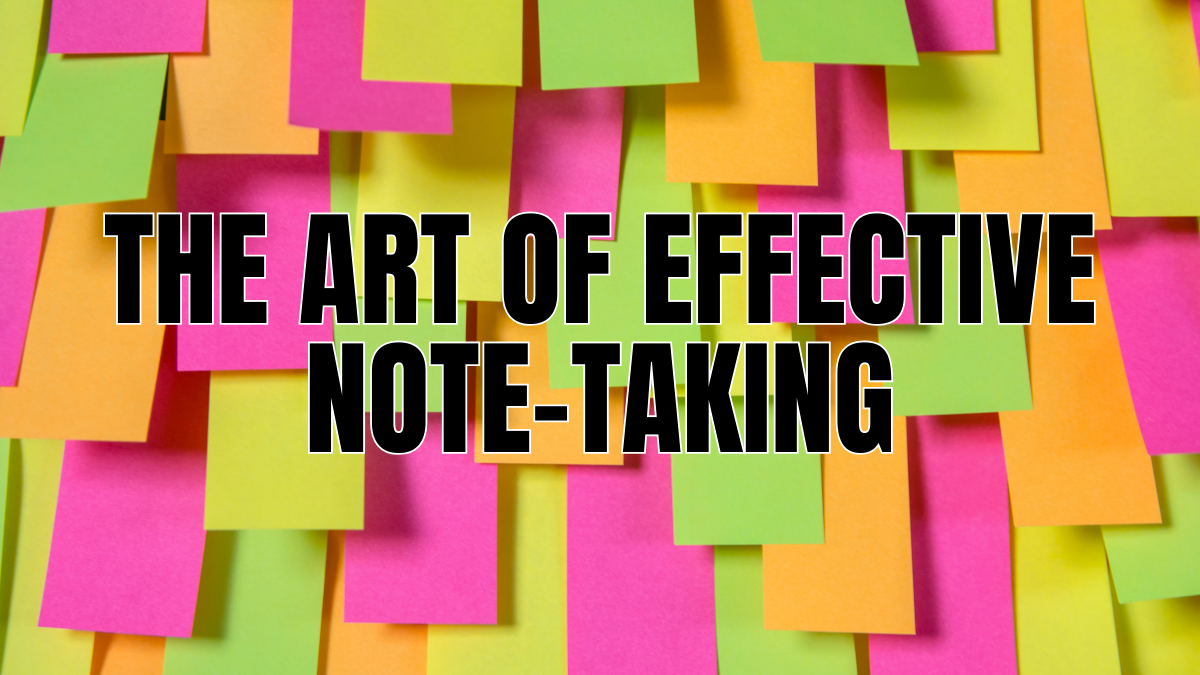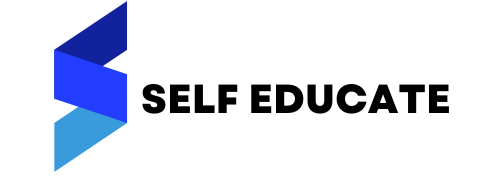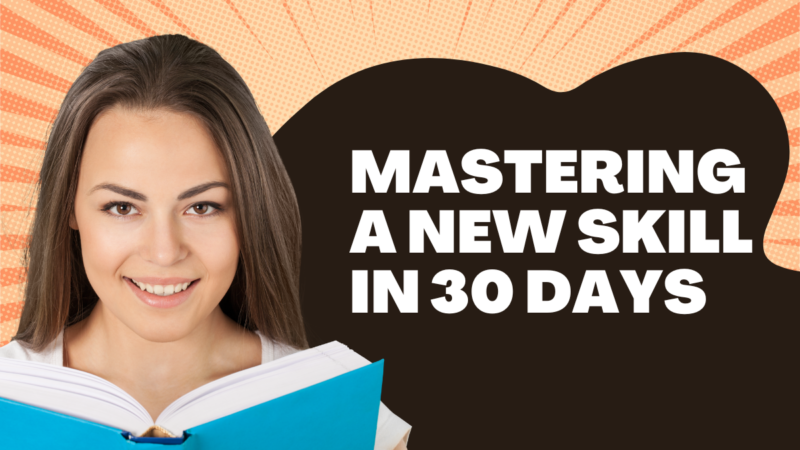The Art of Effective Note-Taking: A Key Skill for Self-Education

In the pursuit of knowledge and self-education, one of the most underrated yet essential skills is effective note-taking. Whether you’re studying a new subject, attending a lecture, or exploring a fascinating book, mastering the art of note-taking can significantly enhance your learning experience. In this article, we will delve into the importance of note-taking and provide practical tips to help you become a proficient note-taker.
Why Note-Taking Matters in Self-Education
- Retaining Information: Taking notes actively engages your mind in the learning process. When you summarize and record key points, your brain processes information more effectively, making it easier to remember.
- Organization: Notes serve as a structured repository of information. They help you organize your thoughts and ideas, making it easier to review and revisit important concepts later.
- Facilitating Understanding: While taking notes, you need to condense complex ideas into concise sentences or bullet points. This process forces you to understand the material thoroughly, helping you grasp the subject matter more effectively.
- Active Engagement: Note-taking keeps you actively engaged during lectures, discussions, or reading. It prevents your mind from wandering and ensures you’re actively participating in the learning process.
Effective Note-Taking Strategies for Self-Education
- Choose the Right Tools: Select a note-taking method that suits your preferences and the context. Traditionalists might opt for notebooks and pens, while digital enthusiasts can use note-taking apps or software like Evernote, OneNote, or Notion.
- Active Listening/Reading: Pay close attention to the material. Listen actively during lectures, and when reading, underline or highlight key points and concepts. This will make it easier to identify what to include in your notes.
- Use a Structured Format: Create a consistent note-taking structure. For instance, consider using headings, subheadings, bullet points, and numbering to organize your notes logically. This format aids comprehension and review.
- Abbreviate and Summarize: Develop a system of abbreviations and symbols to save time while taking notes. Summarize lengthy explanations into concise statements or keywords that capture the essence of the content.
- Visual Aids: Incorporate diagrams, charts, and graphs into your notes when applicable. Visual representations can often convey complex ideas more effectively than text alone.
- Active Engagement: Ask questions as you take notes. If something is unclear, jot down your questions and seek answers later. This promotes critical thinking and deeper understanding.
- Review and Revise: Regularly review your notes to reinforce your understanding of the material. Consider creating summary notes or flashcards for quick review sessions.
- Use Colors and Highlighters: If you’re using digital tools or colored pens, use different colors for emphasis. This can help important information stand out and make your notes visually appealing.
- Keep It Concise: Avoid transcribing verbatim. Focus on capturing key ideas, concepts, and examples. Succinct notes are easier to review and digest.
- Date and Organize: Always date your notes and keep them organized. This makes it easier to locate specific information when you need it.
The Digital Advantage
Digital note-taking tools offer several advantages for self-educators. They allow for easy organization, quick searching, and cloud synchronization, so your notes are accessible from any device. Additionally, you can embed links, multimedia, and interactive elements into digital notes, making them more engaging and dynamic.
Conclusion
Mastering the art of effective note-taking is an investment in your self-education journey. Whether you’re learning a new language, exploring a scientific theory, or deepening your understanding of a historical period, note-taking enhances comprehension, retention, and application of knowledge. So, equip yourself with the right tools and strategies, and let the power of effective note-taking propel you toward your self-education goals.




